 "The Sacrifice of Isaac" by Caravaggio
"The Sacrifice of Isaac" by Caravaggio It ripped me apart, broke me in half and had me in tears during most of the prep work.
And I needed it.
You can listen to it at the Orchard Church.
You can also listen to a slightly better produced version on the Untold Podcast.
(Video is hopefully coming soon!)
*Spoilers after this*
The text was from Genesis 22. Yes. I preached "The Sacrifice of Isaac" on Easter Sunday. I'm going to share some insights from the first-person sermon, but I also want to share some personal things first.
Two weeks ago, I was furious at God. I seethed at him. From about my birthday, and through last week's sermon. I was so angry at him I didn't want to preach. I didn't want to step foot in church. I most certainly didn't even want to pray to him.
One day I will be at liberty to share the source of my anger. All I can say for now, is my anger stemmed from circumstances involving my family and my children. In this circumstance, I am absolutely powerless. There is nothing, nothing, nothing I can do to protect those who need to be protected. I have never felt so powerless in my life.
And God did nothing.
He has not intervened. He has not put a stop to it.
So I was furious. Fuming. Beyond rage.
And then I came to Genesis 22. We're preaching through Genesis this year at the Orchard Church. I had intended to take a break from the text for Holy Week. But months ago when I saw this text, I thought it would be perfect to relate this story to the story of the sacrifice and resurrection.
I knew it would be challenging to do a first-person sermon based on this text, but I knew if I could pull it off, the sermon would be incredibly emotional. So back in December I committed myself to the text.
But now I was angry with God. I'm not using hyperbole when I say I was (and still am) absolutely powerless in this situation. The only person who can help is God Almighty. And it's one thing to trust him with my own suffering. It's an entirely different thing to trust him with the suffering of someone else.
I started working on this text. Almost immediately I realized it was about my dilemma. I resented God for it.
But as I worked through the emotionality of Abraham, as I experienced his horror, his pain, and his utter powerlessness I was completely broke. From Tuesday on I wept. Often. I closed my office door working on this sermon and weeping. My notes are stained with tear marks. I closed the blinds in my office I wept so often.
And then I practiced the script.
At one point during practice on Friday, I came to the point when Abraham realized he was sacrificing the ram in Isaac's place and I wept on stage. I wept for five minutes straight. It's important to note, I was not emotional because God had intervened. He hadn't. (Not yet anyway). Nor was I given a prophetic vision of the future where everything turns out okay. No. My emotins poured out because like Abraham, God had placed me in an impossible situation, and the only thing I could do is trust him.
I'm no longer angry at God. Not right now anyway.The situation is still dire. Nothing has changed. Except... except my heart. My inner being.
The big idea of the text is: You should trust God when life is impossible because he has provided a ram. Because he has provided Jesus Christ. I don't think I changed because I heard that... or even chose to believe it. I think my heart has changed because the Holy Spirit used the living Word of God to change it with this timeless truth.
The onstage tears weren't a performance. They exposed my heart.
Insights
One of the reasons I love preaching first-person sermons is that it forces me to engage the text using my imagination. What did God's voice sound like? Why did Abraham haul wood on a three day journey? What did the Angel of Yahweh look like? How did Abraham bind Isaac? How did Isaac respond?
Here's a few of the "Easter Eggs" from the sermon:
- I described the voice of God in the terms of contradictions. Sound and no sound. Fierce and calm. I'd imagine something like this is completely unmistakable from some of the thoughts that idly run through our heads.
- Traditionally Moriah is thought to be the mountain of Jerusalem. I took it a step further and described white stones coming out of the ground in a few places because Golgotha is thought to have been an abandoned white stone quarry. So I thought the subtle hint of sparing Isaac where Christ was crucified was poignant.
- I have Abraham bring firewood along, almost as a stall tactic, but for a deeper reason too. He doesn't understand God. He's angry. And so he vents his frustration by chopping wood they would probably be able to find almost anywhere.
- Abraham's speech is tricky. Some interpret him expressing faith that Yahweh would come through. Others see his statements as lies. Since I've been preaching through Genesis, if there's one thing I know about Abraham, it's that he's a liar. But I also saw a glimmer of faith (a mustard seed if you will), so I added both into the mix.
- Hebrews 11 says Abraham believed God could raise Isaac from the dead. So that got mixed in there too.
- I interpreted the text to mean that they had arrived in Moriah as the sun set. I was basing this on the Jewish understanding of the day, which begins at sundown. This would also explain why they walked with fire/a touch, and why Isaac called out to his father on the journey up the mountain.
- I tend to think of "The Angel of Yahweh" in the Old Testament as the pre-incarnate Christ. The Second person of the Trinity. Because of this, I decided to describe him in terms of Revelation 1:12ff.
- I owe popular atheist Richard Dawkins a debt of gratitude. I recalled him criticizing this story because of the kind of trauma Isaac would have experienced because of this incident. He's right! So I incorporated it into the sermon. Thank you Richard Dawkins for helping me preach the Word of God better!
In the end, I hope lives were transformed through the preaching of the Word.

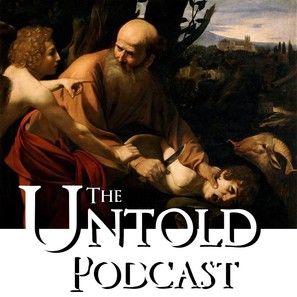
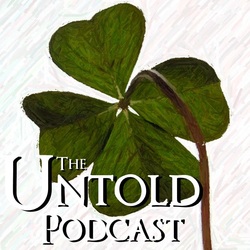

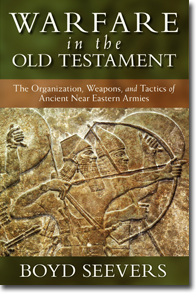
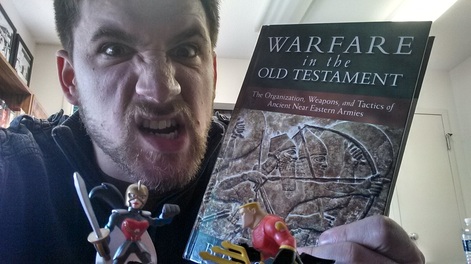
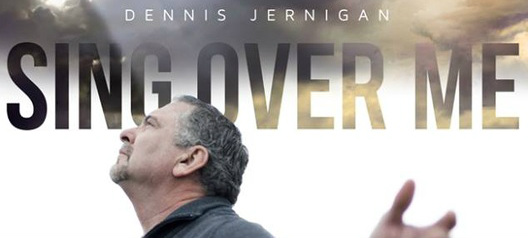
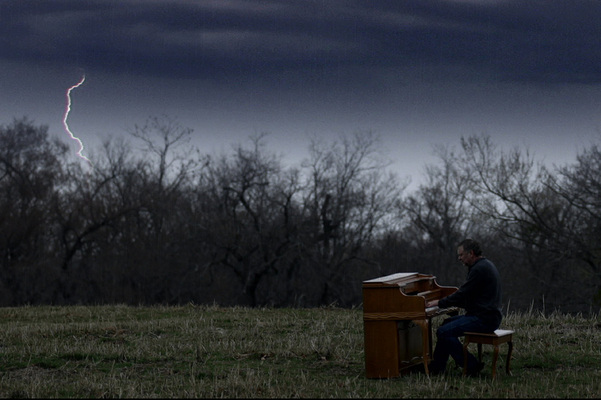
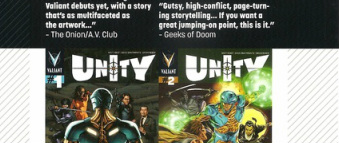
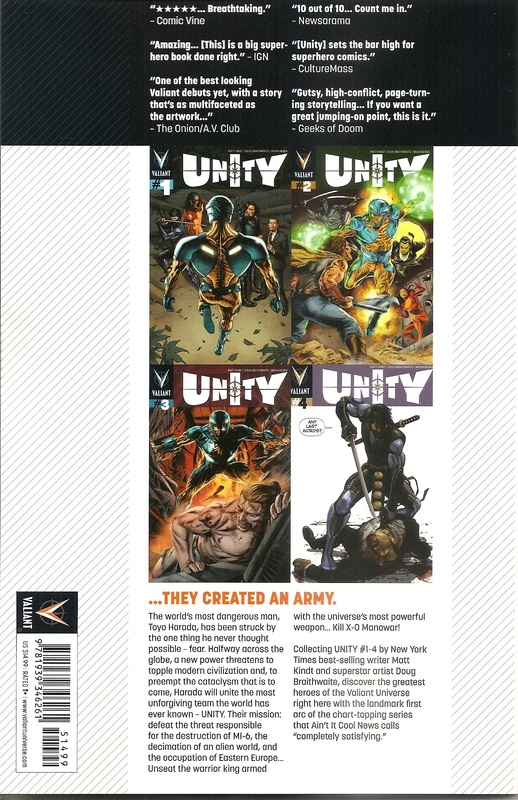
 RSS Feed
RSS Feed
